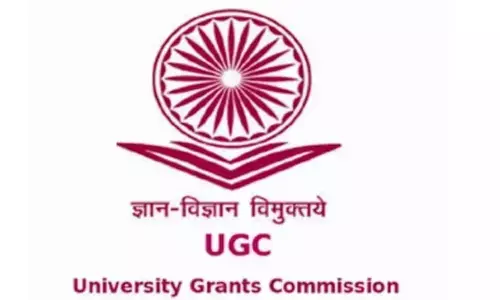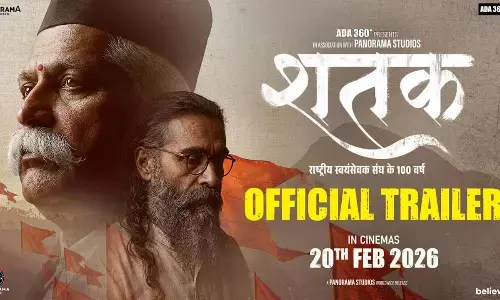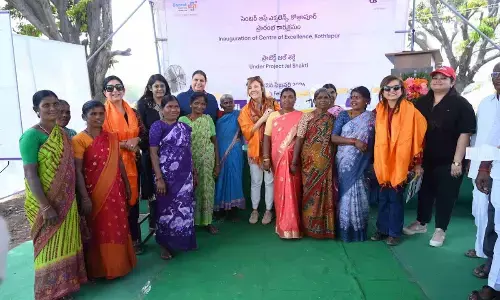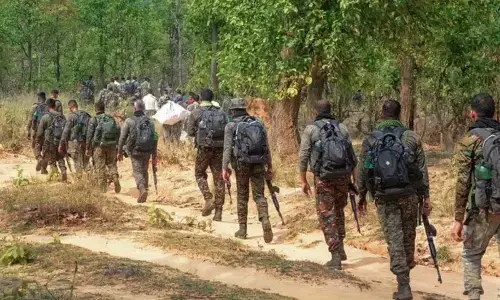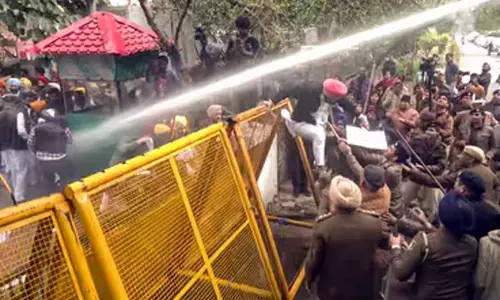When in Bengaluru…
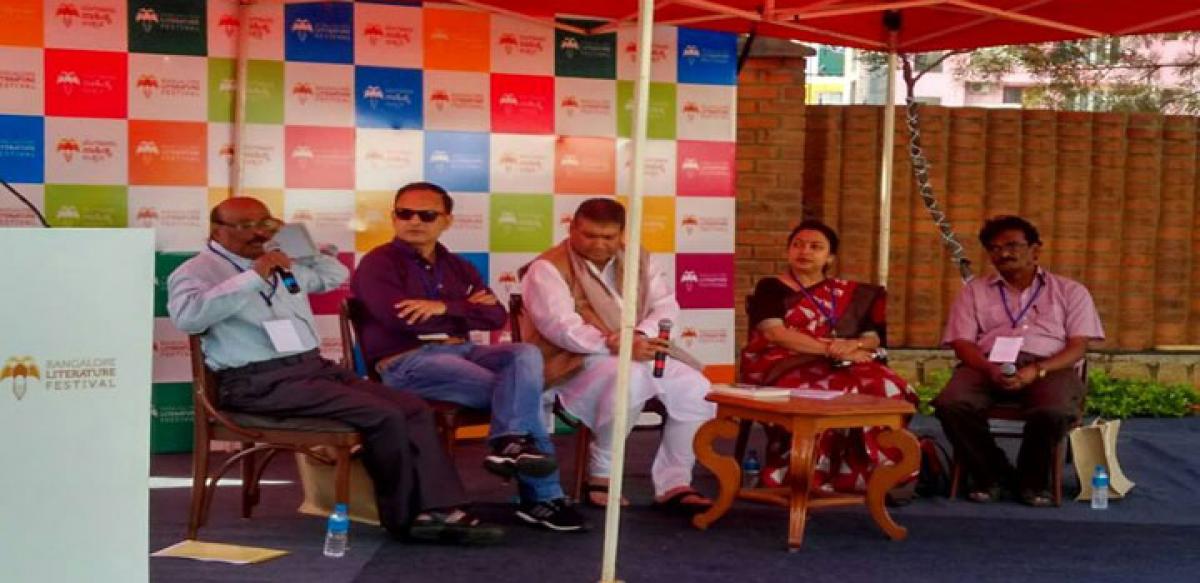
To be or not to be was the question I dallied with when I received the invitation from Shinie Antony, the co-founder of Bangalore Literary Festival to be a participant of this year’s festival, and the reason for the doubt was nothing but the literary turmoil going around across the country at present.
In a way, the Bangalore Literary Festival is not different from the others being conducted in various cities

To be or not to be was the question I dallied with when I received the invitation from Shinie Antony, the co-founder of Bangalore Literary Festival to be a participant of this year’s festival, and the reason for the doubt was nothing but the literary turmoil going around across the country at present.
Many illustrious writers recently retuned their awards given by the Sahitya Akademi in protest of the murders of rational writers by the fanatics and the growing intolerance prevailing in the country, while some people questioned these writers’ integrity by declaring that intolerance and homicides are not recent up- comings as they persisted in the past as well.
Thus the situation was hot and volatile, and who knows the literary festival may become a stage for unforeseen controversies. But the desire to feel the pulse of the writers and readers prevailed upon my misgivings and so I reached the Royal Orchid Hotel in the Old Airport Road of the Indira Nagar, Bangalore by the night of December 4.
When I saw Sashi Deshpande, one of the foremost writers who returned her academy award and also Chandrashekhara Kambara, the vice president of Sahitya Academy, I realized that finally the writers have attained a kind of cultured conciliatory attitude towards each other.
But Deshponde hasn’t minced her words in her key note address. In her typical cool and calculated tone she declared, “Writers have been compared to sheep lately. I think of it as one spark lighting another.

Can a writer be an activist? There are always divided opinions on this subject. There are too many and much louder voices speaking today. Writers’ voices are drowned out, if they speak at all. It’s as if they know their opinions no longer matter. For the first time, there has been a community of writers’ voices speaking, coming together to voice their fears.
Instead of taking notice, the government has been playing down the cause. In this rising intolerance in the nation, how can the free thinker and the artist truly survive? The very act of writing compels thinking. However, writers are spoken of in a very derogatory manner today… writers were not insulting the award by returning them. It’s not disrespect, but is in fact a sacrifice. Their sacrifices were aimed at drawing attention to something important happening in the country.”
There were also many discussions on the growing intolerance in the nation. Popular writer Ramachandra Guha unveiled another dimension of the violence by relating that the popular Indian English writers were relatively safe unlike their counterparts of the vernacular literatures.
Vikram Sampath (Sahitya academi young writer award recipient), Saba Naqvi (a journalist) and Sanchith Patra, a politician had an interesting discussion once again on freedom of speech. The debate between Sanchith Patra of BJP and Ashuthosh of AAP was quite absorbing and such programmes alone help us to find out whether we are progressing or digressing from what Jonathan Swift described as Big-endians and Small-endians in Gulliver’s Travels.

MJ Akbar, the national spokesperson of the Bharatiya Janata Party and the Rajya Sabha MP felt that the Indian Constitution becomes the most important document of the postcolonial world and for the postcolonial world. According to him the four non-negotiable principles of the concept of Modernity are liberty, Faith Equality, Gender Equality and Economic Equality.
The distinguishing feature of BLF is that there is considerable number of relevant and perceptive discussions on literary issues too. There were interesting talks on Hinduthva concept, Partition literature, influence of the world wars on literature, the shortness of the short story, publication of the books and the relationship between literature and movies.
Two sessions were allotted to the recent sensational issues, Tippu Sultan’s patriotism and Nethaji’s files. There was a session on poetry readings of many languages and two exclusive sessions were on Bharathi and Monto.
In a way, the BLF is not different from the other book festivals being conducted in various cities. The popularity that the Indo-English writers have is more than what the writers of Indian literatures have. The importance given to the popular and sensational journalists and non-fiction writers is more than that of the fiction writers.
A discussion on ‘How to discover your Gita’ would attract more audience in the main dais than a discussion with Upamanyu Chatterji on the nuances of the craft of writing. A writer’s image gets magnified only because his story was published in Granta. Even a veteran writer of Indian literatures exhibits only an English translation of his book published by a reputed publisher as a credential of his greatness.
Masters of Indian literature would be lurking in a corner as they don’t have communicative skills in English where as a mediocre writer grabs the show by his performance. We don’t know anything about the masters of our neighbourhood literatures like Jayakanthan and Bhairappa but even a minor Indian English writer becomes a celebrity.
There is every need to give more importance to Indian literature in these festivals. More than 40 per cent of the people living in Bangalore are Telugus and many Telugu writers do live here. At least a session should have been allotted to Gurajada Apparao as it happens to be the centenary year of Kanyasulkam. Indian literatures flourish well only when they respect each other and BLF has began its journey in that direction but it has to be more focused and concrete in its effort.
By:Madhurantakam Narendra
(The writer is a bilingual short story writer, novelist and poet, writing in both Telugu and English)




